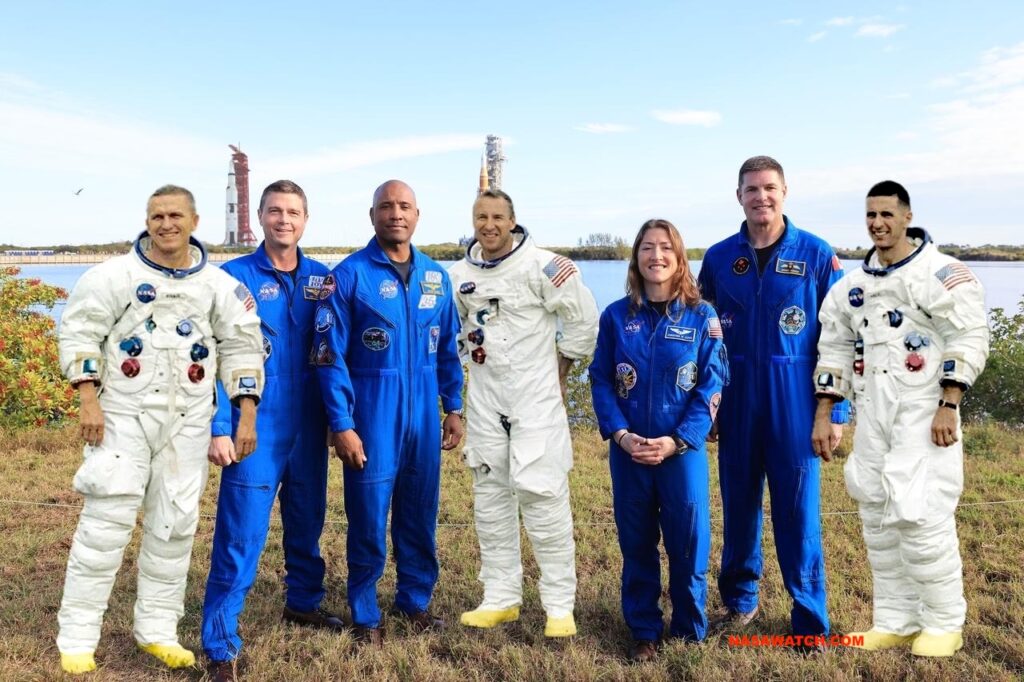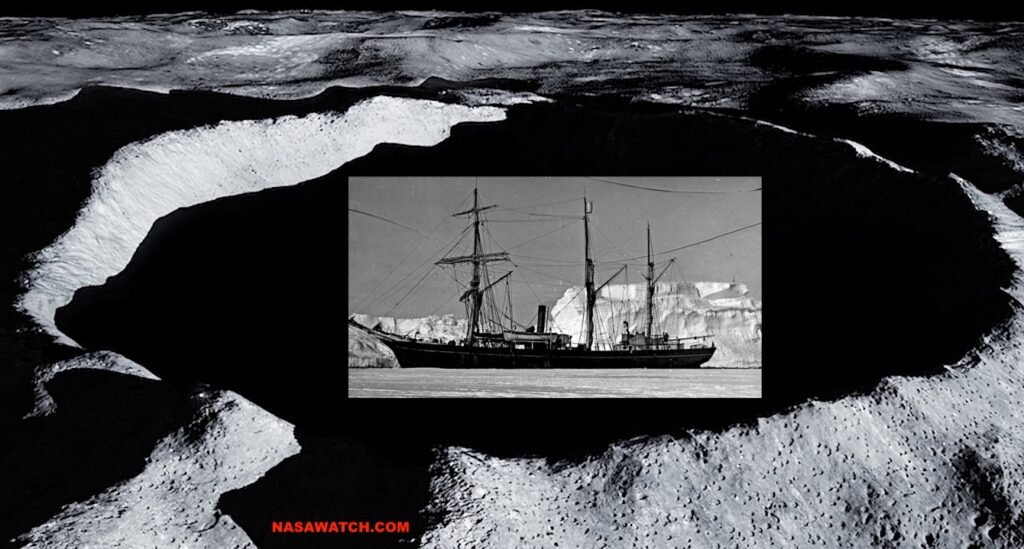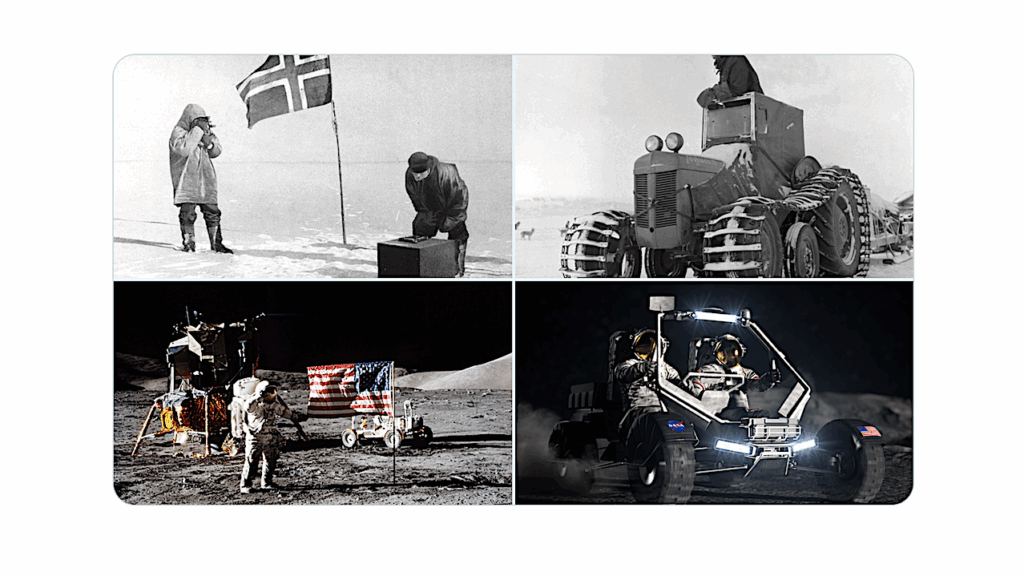Jack Garman one of the Wonder Boys of the Apollo 11 Flight Control Team Passes Away

Jack Garman, NASA engineer who ‘saved’ Apollo 11 from alarms, dies at 72, CollectSpace
“John “Jack” Garman, a NASA engineer whose knowledge of the computer aboard Apollo 11 saved the historic first lunar landing from a last-minute abort, died on Tuesday (Sept. 20). He was 72.”
“Garman’s death came after a several year battle with bone marrow cancer, according to an email by his wife that was forwarded to the Johnson Space Center retiree community and then shared with collectSPACE.”
Steve Bales and Jack Garman: Wonder Boys of the Apollo 11 Flight Control Team By Craig Collins, NASA (In the NASA’s Innovators and Unsung Heroes Series)
Americans who know a bit about the Apollo Space Program may recall that the first manned lunar landing – during the Apollo 11 mission – was a split-second away from being aborted. Twenty-six-year-old guidance officer Steve Bales was a key flight control team member who kept his cool while the onboard computer in the lunar module sent out a series of alarms.
As the lunar module Eagle made its approach to the surface of the moon, a yellow caution light came on inside the cockpit, on the computer control panel. It was coded 1202, an “executive overflow” alarm, which meant the computer was having trouble completing its work in the cycling time available.
As NASA legend has it, Bales, who had the authority to issue a Go or No Go decision on the landing – continued to issue a confident “We’re Go!” throughout the remaining seconds of the descent, even as the 1202 and a similar alarm, the 1201, sounded intermittently. When the lunar module made its landing, it had seconds of fuel remaining before it would have to abort.
The icy calm of Bales is a dramatic, iconic moment in NASA history, but as you peel back the layers of preparation that led to those moments, the story becomes almost astounding.
Bales – who later accepted the NASA Group Achievement Award from President Nixon on behalf of the entire mission operations team – credited his quick decision to an even younger whiz kid, John R. “Jack” Garman, 24 years old, an expert in the guidance computer software. It was Garman who, a few months before Apollo 11, gave the simulation supervisor, Dick Koos, the idea of testing the reaction of flight controllers to computer error codes. He also supported flight controllers in Mission Control as a backroom advisor on computer systems. By the time the actual landing was being attempted by astronauts Neil Armstrong and Buzz Aldrin, Garman knew almost instinctively that a single 1202 or 1201 alarm did not mean the mission had to be aborted; it simply meant the computer was struggling to keep up. As long as the alarm did not become continuous – meaning the computer was not getting any work done and vital tasks were neglected – it would not prevent a landing.
And it was Garman to whom Bales turned when the 1202 alarm went off. “Quite frankly,” Bales later recalled, “Jack, who had these things memorized, said, ‘That’s okay,’ before I could even remember which group [the alarm] was in.”
For his part, Garman gives credit to Flight Director Gene Kranz – known to most of America as the fiery character played by Ed Harris in the film Apollo 13 – for his memorization of the alarm codes: “Gene Kranz, who was the real hero of that whole episode, said, ‘No, no, no. I want you all to write down every possible computer alarm that can possibly go wrong.'” Garman did, along with the correct reaction to those alarms – and kept this handwritten list under glass on his desk.
Kranz’s order had come on the heels of a stinging embarrassment dealt to the flight control team during its final simulation, traditionally a kind of “graduation day” in which the team celebrates its grueling routine by practicing a successful landing. This time, two weeks before the launch date, Koos had instead thrown a series of program alarms at them – incredibly, 1201 and 1202 alarms. Bales looked at the alarms and called an abort. “We aborted,” Kranz said later, “and I was really ready to kill Koos at this time, I was so damned mad … but Koos comes into [the debriefing] and he says, ‘No … You should not have aborted for those computer program alarms. What you should have done is taken a look at all of the function. Was the guidance still working? Was the navigation still working? Were you still firing your jets?'”
Two weeks later, when the 1202 alarm sounded, even though Bales didn’t remember which one it was, a critical decision rested with two young men whose ages combined to equal 50.
“You don’t realize until years later, actually, how doing the wrong thing at the right time could have changed history,” Garman once said – before passing credit along to somebody else. “So it was very good that there were people like Gene Kranz and Steve Bales and others who kept their heads.”









Sad news. I didn’t know Mr. Garman from the Apollo Days but knew him from a Shuttle Flight Software silver book perspective and Information System Directorate here at JSC. Loved the Product Demonstration Facility he sponsored where we could go check out different COTS software for our PCs.
JACK WAS A ONE OF A KIND GUY. SMART…BRAVE…TOUGH…GENTLE…GREAT HUSBAND …FATHER GOD SPEED JACK
Sad to hear. Sympathies to his family & friends.
While I was working in training at JSC I always kept this bit of history in the back of my mind. Murray & Cox (Apollo: The Race to the Moon) recount the story well and give much due credit to the training team for their contribution to this pivotal moment’s outcome. Very interesting & thorough discussion about the varied recollections of the episode at http://www.collectspace.com…
That’s a fascinating discussion (and huge timepit for me) about the program alarms. Cool cheatsheet by Jack and the lunar lander program source code listing (625 mb PDF!). I was thinking Shuttle surely must have its collection of backroom heros and probably ISS as well.
I loved Jack. Period.
The news of his passing was equivalent to getting hit by a 2X4. He was a special friend whose support helped me immeasurably during my legal nightmare of a few years ago. He was technically brilliant, incredibly deep in his learning on a wide range of subjects,loved the American space program and, notwithstanding his many achievements in the government and corporate sectors, he was a man of deep humility.
By the way, he could play a mean piano. I am so grateful that I captured on my iPhone one of the times he played the piano when he hosted my wife and me at his house a year or so ago. (The spirit moved him so, without warning, he sat down and started making beautiful music. Once again, I caught myself thinking “Is there nothing this man can’t do and do exceptionally well.”)
His marriage to his wonderful and equally brilliant bride, Sue, was one for the books and he fathered two accomplished daughters whose own children gave Jack endless joy. Those of us who were honored to have been in this great man’s orbit benefited greatly from his boundless joy and great humor (his laughter would light up the darkest room). And all of us were humbled by his formidable courage and resiliency as he dealt with various health challenges in recent years.
Anybody who came into contact with Jack came away a better
person.
I miss my friend profoundly.